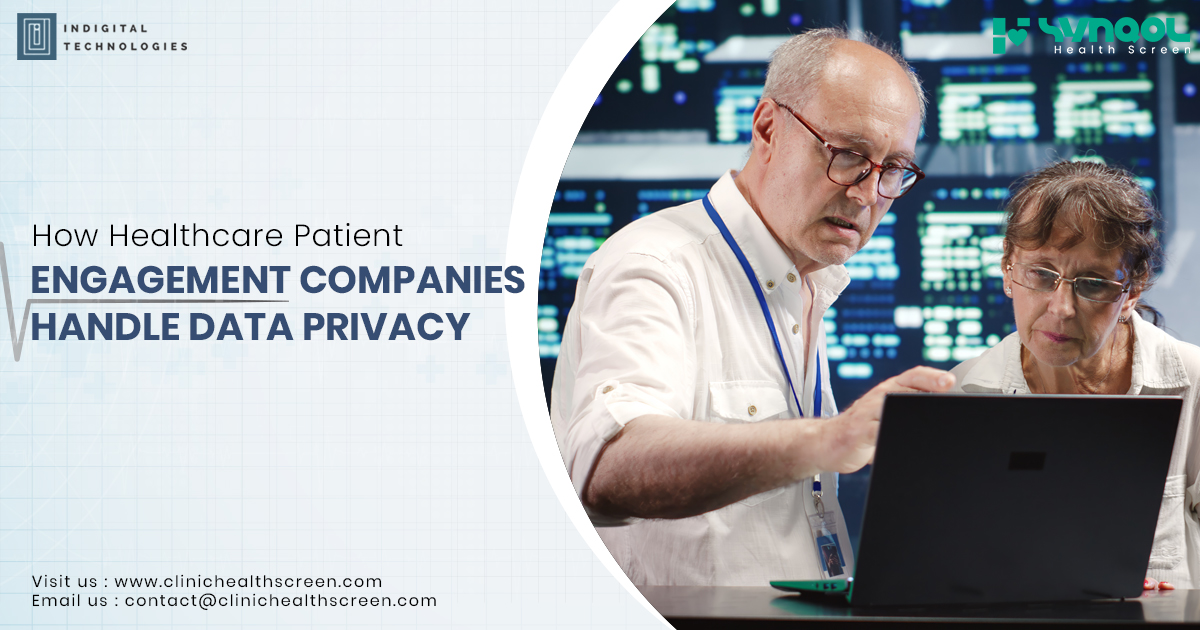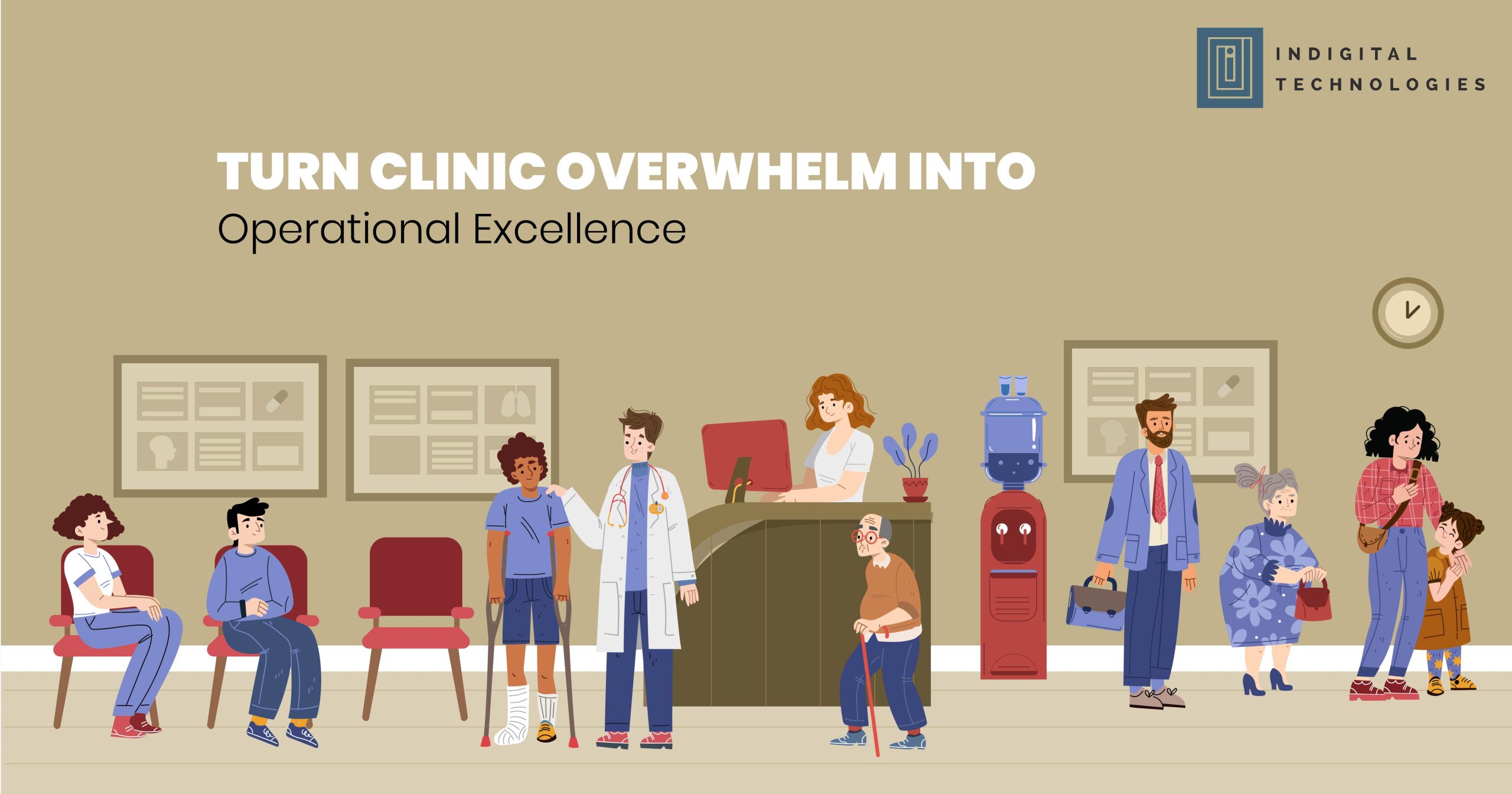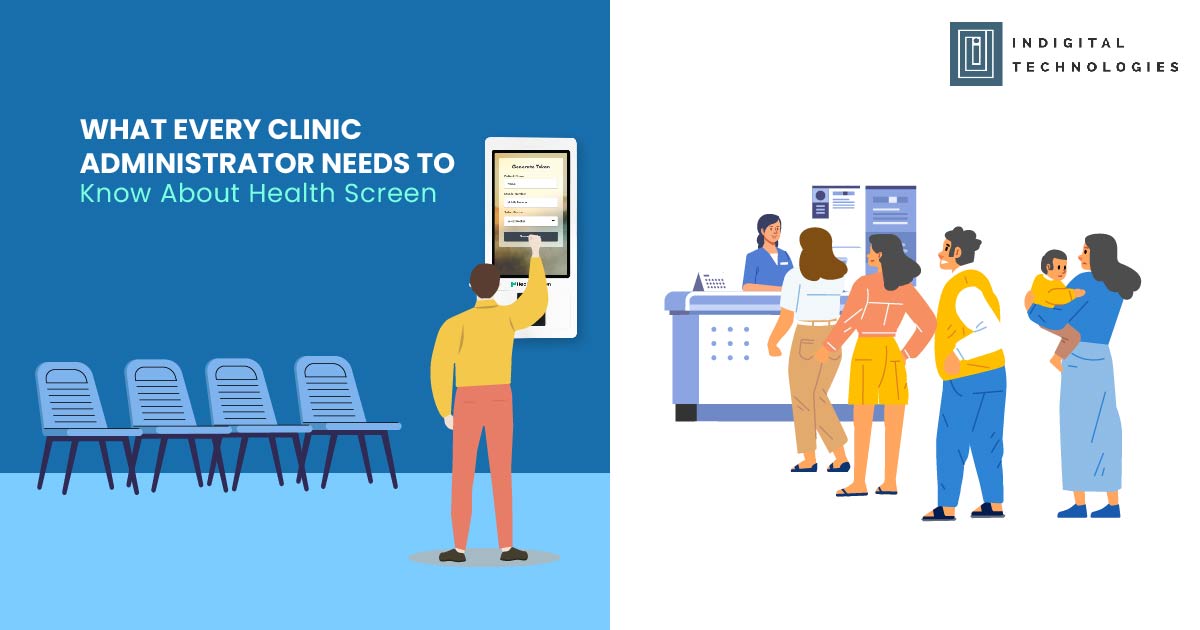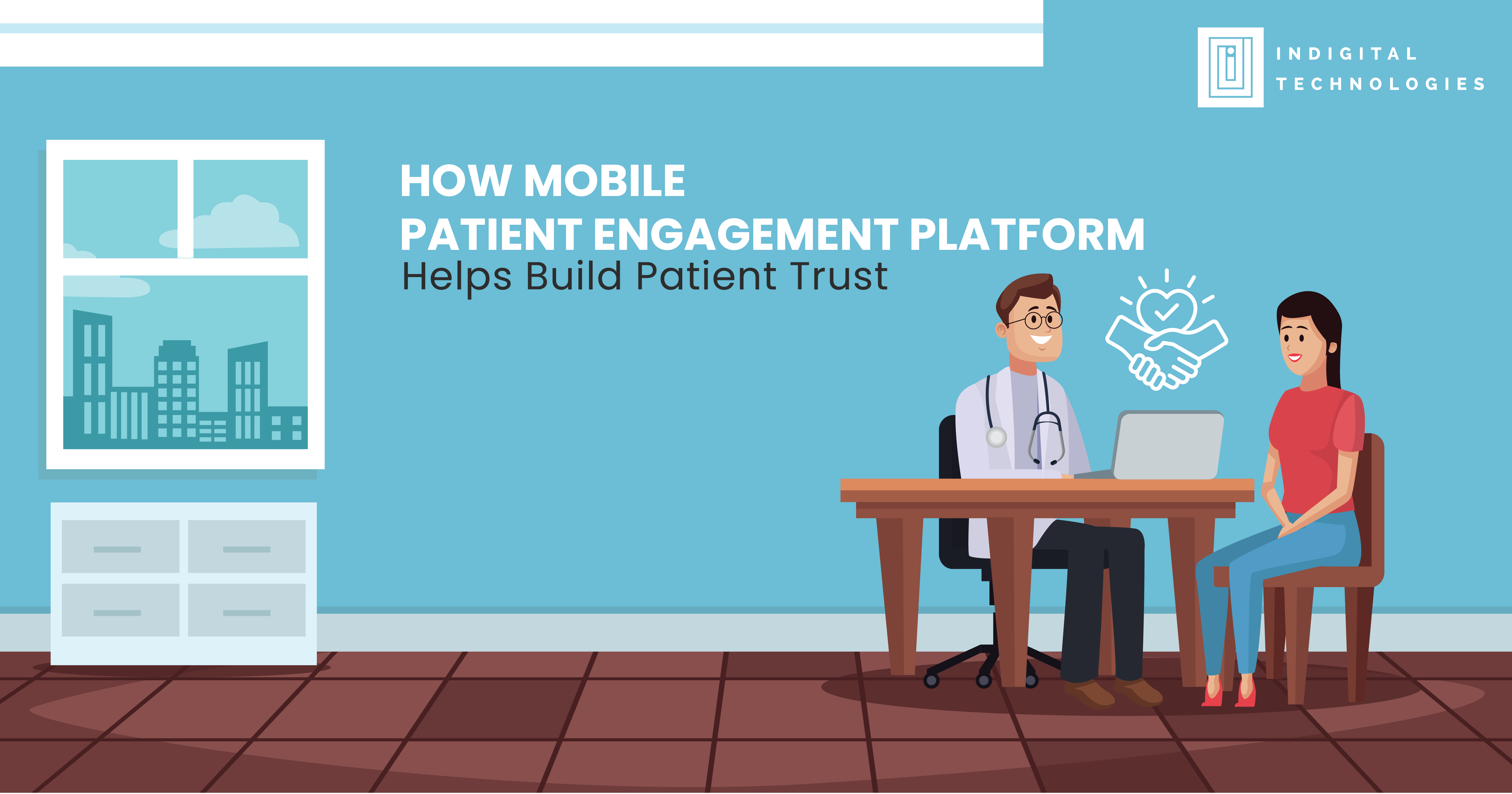In an era where healthcare is becoming increasingly digital, data privacy isn’t optional—it’s critical.
As clinics adopt engagement platforms, and pharma brands explore content-driven patient strategies, one question looms large:
Is patient data safe?
For healthcare patient engagement companies, managing data responsibly isn’t just about ticking compliance checkboxes—it’s about earning and maintaining trust. This blog explores how top engagement platforms handle privacy, what doctors and pharma stakeholders should look out for, and how SYNQOL Health Screen ensures safety without compromising effectiveness.
Why Data Privacy Matters in Healthcare Engagement
Whether it’s educational content viewed on a screen or QR-based patient interactions, engagement platforms can touch sensitive territory. In India, the legal framework is evolving, and patients are becoming more privacy-conscious.
Key risks include:
- Misuse of patient identifiers (name, phone, email)
- Unauthorized sharing of engagement data with third parties
- Insecure storage or transmission of video analytics, QR scans, or patient behavior
- Pharma brands being unknowingly associated with privacy violations
Even unintended breaches can result in legal issues, loss of credibility, and reputational damage for all stakeholders.
Legal Landscape in India
Currently, India operates under:
- Information Technology (Reasonable Security Practices and Procedures and Sensitive Personal Data or Information) Rules, 2011
- Draft Digital Personal Data Protection Bill (DPDP), 2023
- Sectoral guidelines by bodies like the Medical Council of India, now under NMC
Globally, platforms working with international hospitals or patients may also fall under GDPR (Europe) or HIPAA (USA) regulations.
How Responsible Engagement Companies Manage Privacy
The best platforms follow a privacy-by-design model—meaning security is embedded in how the system works, not added later as a fix.
Here’s how they do it:
1. Minimal Data Collection
Platforms should only collect what’s necessary. For patient engagement screens like SYNQOL, this means:
- No name, email, or phone number collected by default
- No login or app installation required by patients
- QR codes that open educational content without capturing identifiable information
2. Anonymized Analytics
While pharma and hospitals want usage insights, these must be de-identified. SYNQOL’s dashboard shows:
- Number of content views
- Time spent watching
- QR code scan volumes
- All without tying it to specific individuals
This makes engagement measurable, not risky.
3. Data Storage & Access Control
Engagement systems must:
- Store data on secure, encrypted servers
- Limit access to authorized personnel
- Offer access logs and audit trails
SYNQOL uses end-to-end encrypted storage and follows strict access protocols to protect campaign data and hospital-specific usage.
4. Consent Where Required
For features that involve patient interaction (e.g., feedback forms, polls), explicit opt-in consent is collected and stored.
Doctors and hospitals are also provided with templates to explain how patient data is (or isn’t) used—building trust from the start.
5. Third-Party Data Sharing
SYNQOL ensures that:
- No raw patient data is shared with pharma companies
- Pharma partners receive only aggregated campaign performance reports
- All sponsorships and content branding are compliant with medical advertising ethics
Pharma Managers: What to Look for
When working with a patient engagement partner, ask:
- Do they store or share identifiable patient data?
- Can you access content performance without crossing privacy boundaries?
- Are campaigns customizable without breaching ethical or legal standards?
SYNQOL answers “Yes” to the right questions—and “No” to the wrong ones.
Yes to content customization
Yes to campaign performance dashboards
No to collecting or sharing sensitive personal information
For Doctors: Peace of Mind
Doctors using SYNQOL Health Screen can rest assured:
- No patient data is stored locally on the screen
- No additional consent is needed for passive educational viewing
- All patient-facing interactions are educational, not transactional
This means you enhance patient understanding without adding medico-legal risk to your clinic.
Building Trust in Digital Health
Privacy isn’t just a legal concern—it’s a trust factor.
Patients are more likely to engage when they feel safe.
Doctors are more likely to adopt new tech when they know it’s secure.
Pharma brands build stronger credibility when they support ethical, compliant systems.
SYNQOL Health Screen operates at the intersection of all three—educating without exposing, engaging without extracting.
Conclusion
In today’s digital-first healthcare environment, security and simplicity must go hand in hand.
SYNQOL Health Screen does just that—delivering high-quality engagement while keeping your patients’ data, and your brand reputation, completely safe.
If you’re looking for a platform that empowers without overstepping, SYNQOL is the privacy-conscious partner you can trust.





